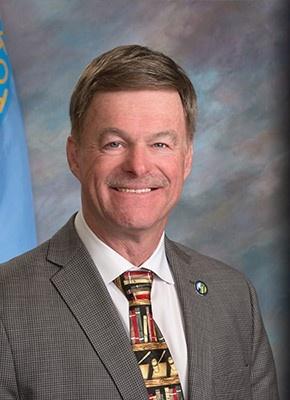No baby is destined at birth to be a criminal. South Dakota jails are full of people serving time for serious and costly crimes. It doesn’t have to be that way. Over 5000 law enforcement leaders across the nation are members of Fighting Crime: Invest in Kids. They contend that providing at-risk kids with high-quality learning programs can reduce crime, its costs, and impact the future.
A sophisticated analysis of over 20 preschool programs for disadvantaged children demonstrated that quality pre-kindergarten returned an average “profit” (economic benefits minus costs) to society of nearly $30,000 for every child served by cutting crime, the cost of incarceration, and reducing other costs such as special education and grade retention.
The Perry Preschool Program in Michigan accrued data over a 40 year period. The data showed that at-risk kids who participated in a quality preschool program had a crime rate 50% less than those children who did not participate.
A Chicago study that served over 100,000 children and followed them up to age 28 demonstrated that those children who had been enrolled in a quality preschool program were 70% less likely to be arrested for violent crime by age 18.
A quality preschool program could save South Dakota taxpayers money. According to the South Dakota Department of Corrections, there were 3886 adults incarcerated state-wide in 2018 at a cost of $20,748 per inmate (in 2015 dollars). At the same time, expenditures for juveniles (not including those in federal custody) cost the state of South Dakota $94,900 per year, or $260.00 per juvenile daily. In 2018 the cost to taxpayers was $2.2 million for all juveniles incarcerated.
Half of those incarcerated did not have a high school diploma or a GED. Many had experimented with alcohol by age 10 or 11. By age 12 they had tried marijuana.
A state-wide, voluntary preschool program could save money for South Dakota. The economic benefits would accrue due largely to a reduction in the cost of future crime and increase the participants' future wages as contributing, taxpaying members of society. Clearly, a high-quality preschool program works and more than pays for itself. We can pay for a high-quality preschool program now or we can pay in the future.
I encourage you to contact your state senator and representatives and tell them, as a voter and taxpayers, that a voluntary, quality preschool program is something our state needs now.
Tom Holmes
Former educator
Former state legislator
Current South Dakota Early Learner Stakeholder



